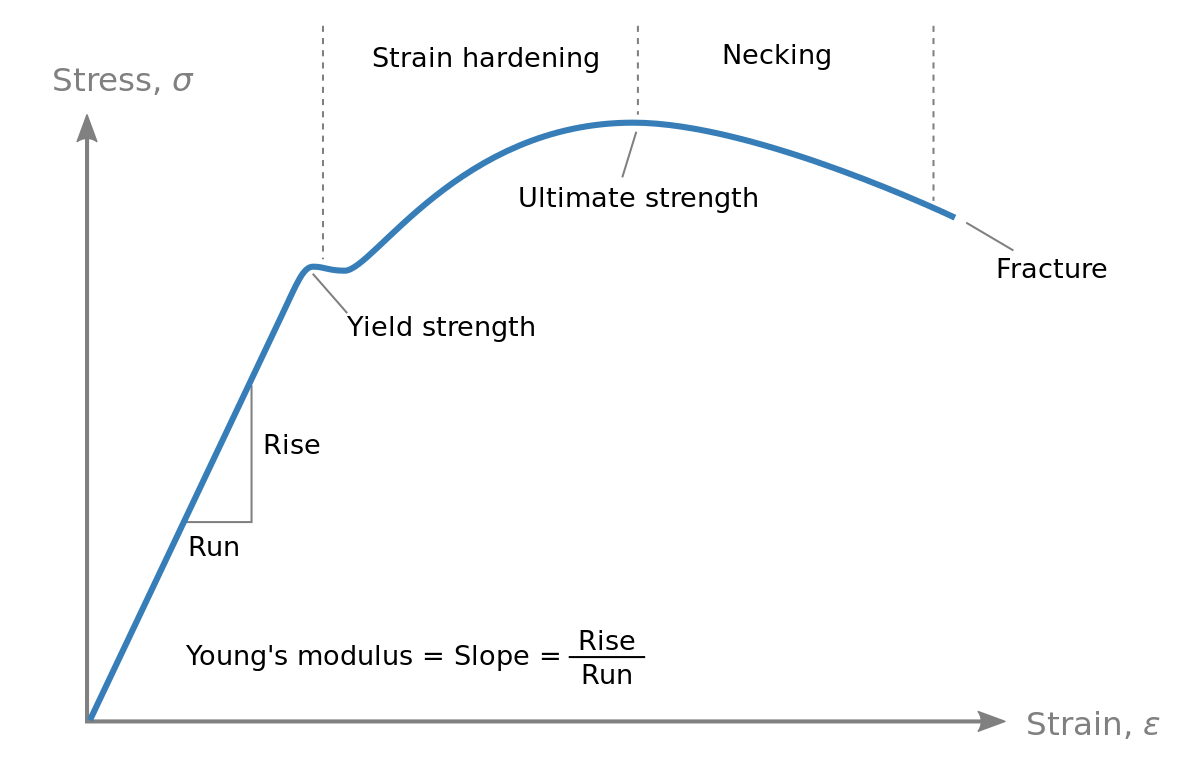scottonthefen
Well-Known Member
- Posts
- 532
- Location
- England
Now I've started using my 2A on the road after a lot of work in the garage, and fitting new springs and u-bolts,I thought I should torque it all up properly.
I've read different opinions for u-bolts between 58ftlb and 65ftlb, so I got everything clicking ok at 50 and then went for 60. Snapped a u-bolt. It got noticeably easier soon after 55 ish which I thought was a bad sign and then it popped. One on the other side got easier too, which made me stop, so that one is now also suspect..
So.. do I look for the priciest OEM u-bolts I can find and try again. Or should I stop at 55ftlb? I was torquing them up with the vehicle stood at rest. Should I take the weight off anything while I do this?
Cheers.
I've read different opinions for u-bolts between 58ftlb and 65ftlb, so I got everything clicking ok at 50 and then went for 60. Snapped a u-bolt. It got noticeably easier soon after 55 ish which I thought was a bad sign and then it popped. One on the other side got easier too, which made me stop, so that one is now also suspect..
So.. do I look for the priciest OEM u-bolts I can find and try again. Or should I stop at 55ftlb? I was torquing them up with the vehicle stood at rest. Should I take the weight off anything while I do this?
Cheers.


